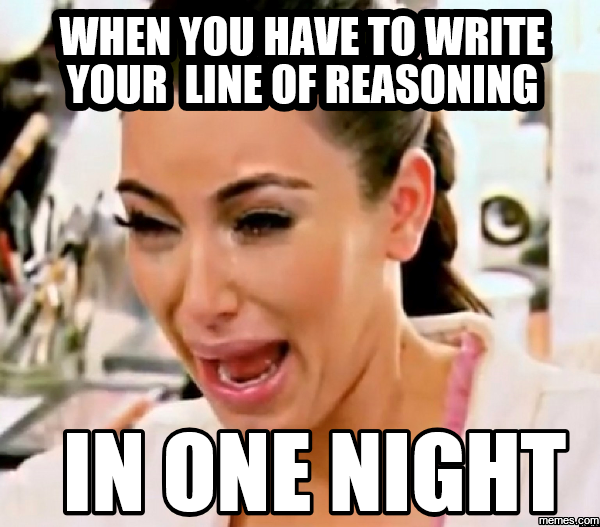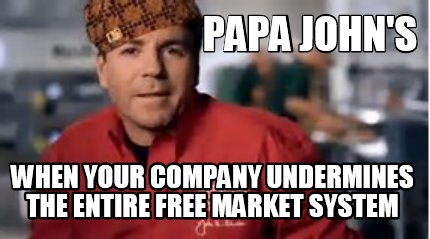Hey everybody!
So this past week (in addition to the several weeks before that,) was spent meticulously reading, noting, and annotating our sources, which culminated in us creating our annotated bibliographies which were due today. Although it was not intended to be an arbitrary checkpoint in the research process (which it is not), it is still satisfying having a means of quantifying or demonstrating the work we have done so far. While I am proud of the many (and yes I mean MANY) hours that I spent working to construct my annotated bibliography, it is time to move onto constructing our outlines for our literature reviews. The first step in this process, which also happens to be the subject of our blog post, is to create our research question, which can be created only after reading the literature that pertains to my field. With that in mind, here it is:
“How are successful, high-achieving charter schools in the state of Arizona founded and maintained to uphold their creationary goal of improving educational practices?
First of all, while this question is as specific as it can be right now, I do envision it needing to be tweaked, especially considering that it will depend upon how I structure and conduct my research. That being said, let me justify why I think my question is pertinent to the field of charter school education.
From my research, I have found that their is a conglomerate of types of charter schools that all differ in educational philosophy, intended demographic, funding, educational and administrative techniques, etc. With that being said though, all charter schools have the same general over-arching purpose, which is to provide the students they enroll with the best educational opportunities to allow them to succeed in their designated fields of interest, whether that be in art and music, or math and science. From the reading I have done so far, several researchers have argued that there are universal traits that high-achieving charter schools employ to be successful. According to one researcher, these traits include autonomous school leadership, active recognition and measurement of academic achievement, strong staff relationships and professional development, a sense of belongingness from students, parent and community support, and high quality social systems surrounding the students. Another study, however, argues that an extended school day and year, an emphasis on recruiting and retaining high-quality teachers, data-driven monitoring to track student progress, and making the effort to change culture of achievement, are what creates successful charter schools.
Being that there is a disparity between this research, I intend to observe charter schools (although I do not know in what capacity yet) to see what techniques result in benefit among student outcomes. Although I do not know if I will be focusing only on BASIS Scottsdale, or other BASIS schools as well, or other charter schools, or if I will be comparing BASIS to a public school, I still think that this question can be answered, regardless of which route I pursue. With that being said, I understand how this means that my question is most likely too vague, but until I determine my methodology, I think that it will suffice.
Delving into the actual wording of the question itself, a few words that I need to analyze are “Successful” and “high achieving.” Although the definition of this will differ based upon school, in general, when I use these words, I mean how effectively do these schools teach their children the material they need to learn, and also how do their results compare to other schools in the local area. Since this is a fairly subjective definition, school achievement is generally measured using standardized test scores since it is one of the least biased methods of conducting this type of research.
Moving on, I chose to focus on the state of Arizona for my research since this is the state that I will be conducting research in. Additionally, I used this as a means of narrowing down my scope. With that being said, I may need to change how narrow my scope is by focusing on the phoenix area, or by focusing on a specific type of charter. However, once again, I think this level of specificity cannot be exactly determined until I start designing my research.
The last part of this question that needs to be analyzed is the “founded and maintained to uphold their creationary goal of improving educational practices?” part. For this segment, I chose to say founded and maintained because I want to know how these schools operate, both in the classroom and at the administrative level, to see what it is that allows them to achieve more than other schools. Lastly, the “creationary goal of improving educational practices” part describes one of the purposes of charter schools, which is to develop new and effective pedagogical methods which can then be implemented elsewhere. If these schools are receiving higher test scores than other schools, then they must be doing something right. As a result, I want to determine what it is that they are doing that allows them to achieve these scores.
As per usual, I hope you were all intrigued by my long winded explanations of material that only I am fascinated about.
Until next time,
That crazy meta kid who is doing a school project about school
(Word count: 890)



